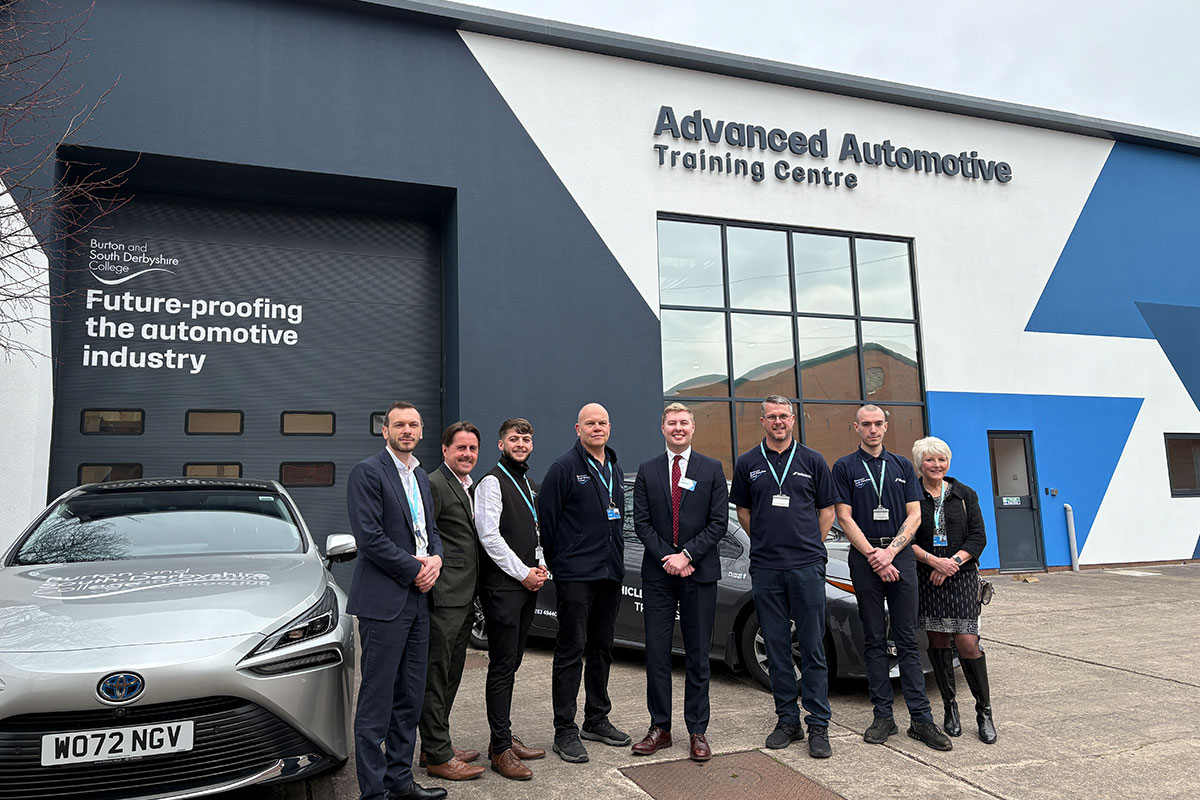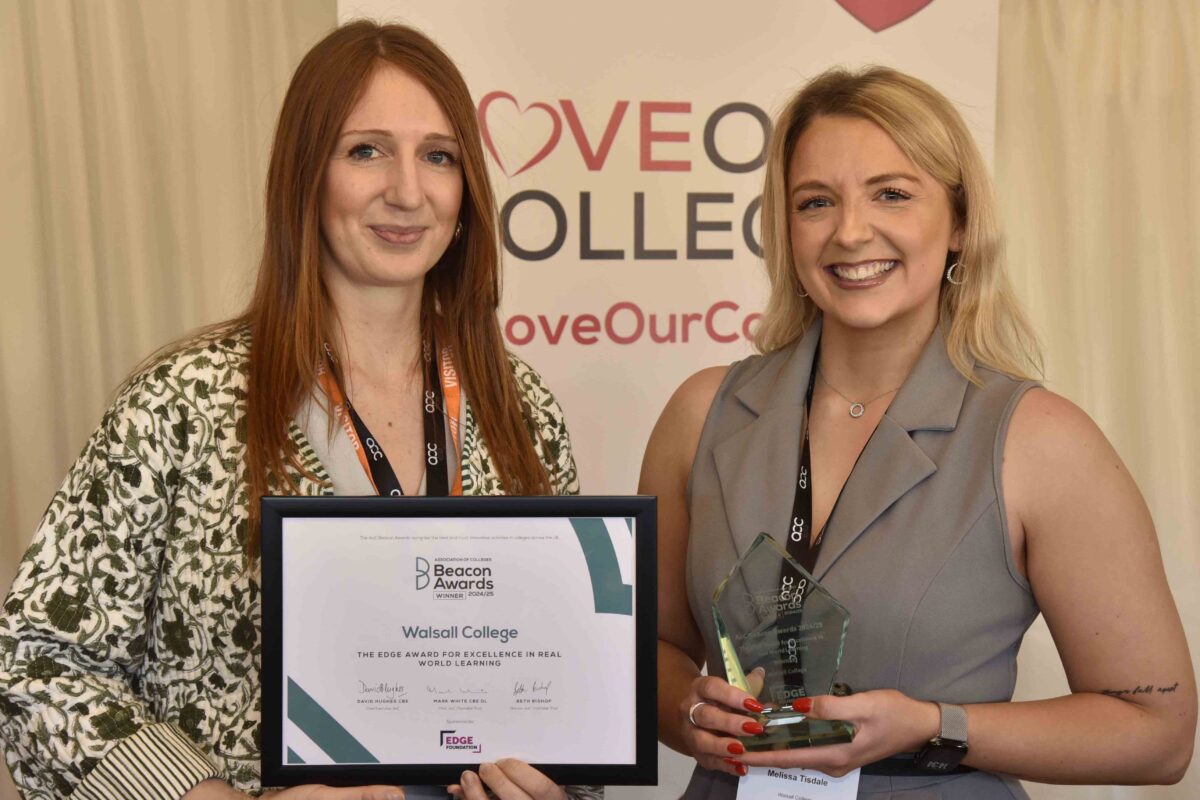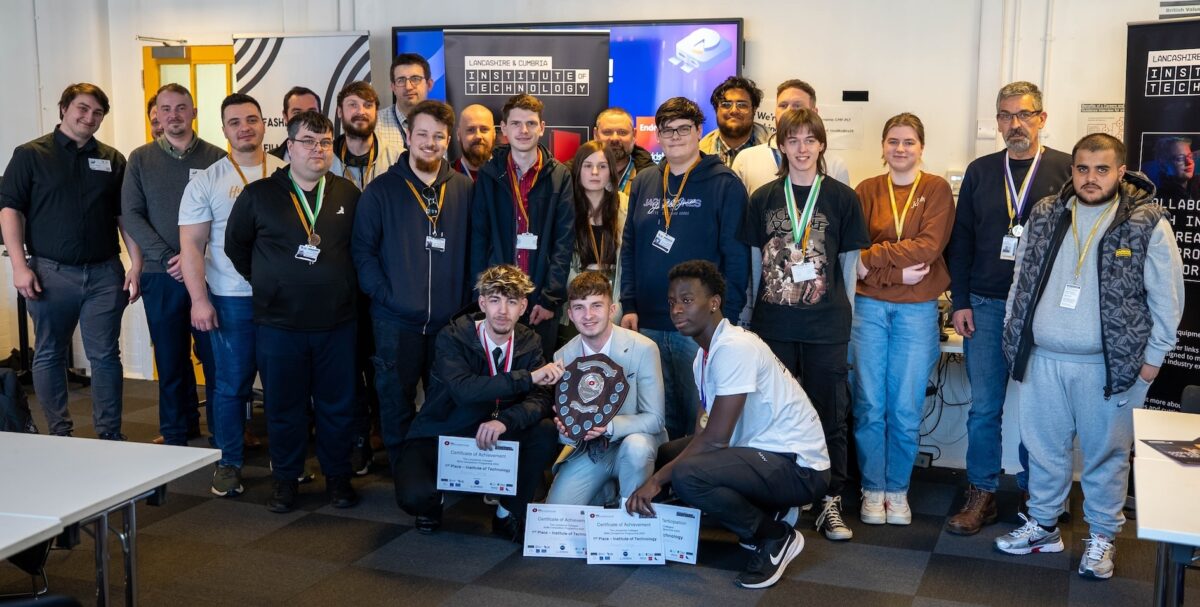Net zero boost as new Battery Manufacturing Technician apprenticeship standard approved

A new apprenticeship standard for technicians working in UK battery manufacturing is set to increase employment opportunities across UK battery manufacturing.
The new three-year Battery Manufacturing Technician standard has been developed by employers, industry experts and further and higher education providers.
The new apprenticeship, which has been facilitated by Cogent Skills, will support the growing battery sector which, according to the Faraday Institution, could grow by 100,000 jobs from 170,000 to 270,000 employees by 2040.
The Institute for Apprenticeships and Technical Education (IfATE) approved the standard following input from a range of organisations, including AceOn Group, AMTE Power, Aston Martin, IIika, Jaguar Land Rover, Faraday Institution, UK Battery Industrialisation Centre, Warwick University and Williams Advanced Engineering.
The standard, which is based on the existing Science Manufacturing standard, has been awarded a maximum funding band of £24,000 to cover the costs of the apprenticeship programme.
Head of Learning and Development at the UK Battery Industrialisation Centre (UKBIC) and chair of the trailblazer group, Jonty Deeley-Williamson, said:
“We welcome the new battery manufacturing apprenticeship, which will be hugely beneficial to helping to grow the battery manufacturing industry.
“This new standard is the climax of the work of a dedicated group of employers from across the country who collaborated on this first-of-its-kind apprenticeship. This will be rolled out across colleges and training providers to support industry skill technicians in this sector, which has a huge role to play in our transition to net-zero over the coming decades and beyond.”
CEO of AceOn Group, Mark Thompson, said:
“It was a pleasure to help shape the UK’s first ever battery manufacturing apprenticeship. Having worked on building battery packs since 1988, I would have loved to have done a battery technician apprenticeship and it is brilliant to see our industry now has one. My thanks to the team for working so hard on putting this together.”
Battery manufacturing is a crucial component in the shift to zero emission vehicles, as part of the UK’s wider efforts to meet its ambitious target of reaching net-zero by 2050, along with roles in a number of other industries.
For more information, see here











Responses